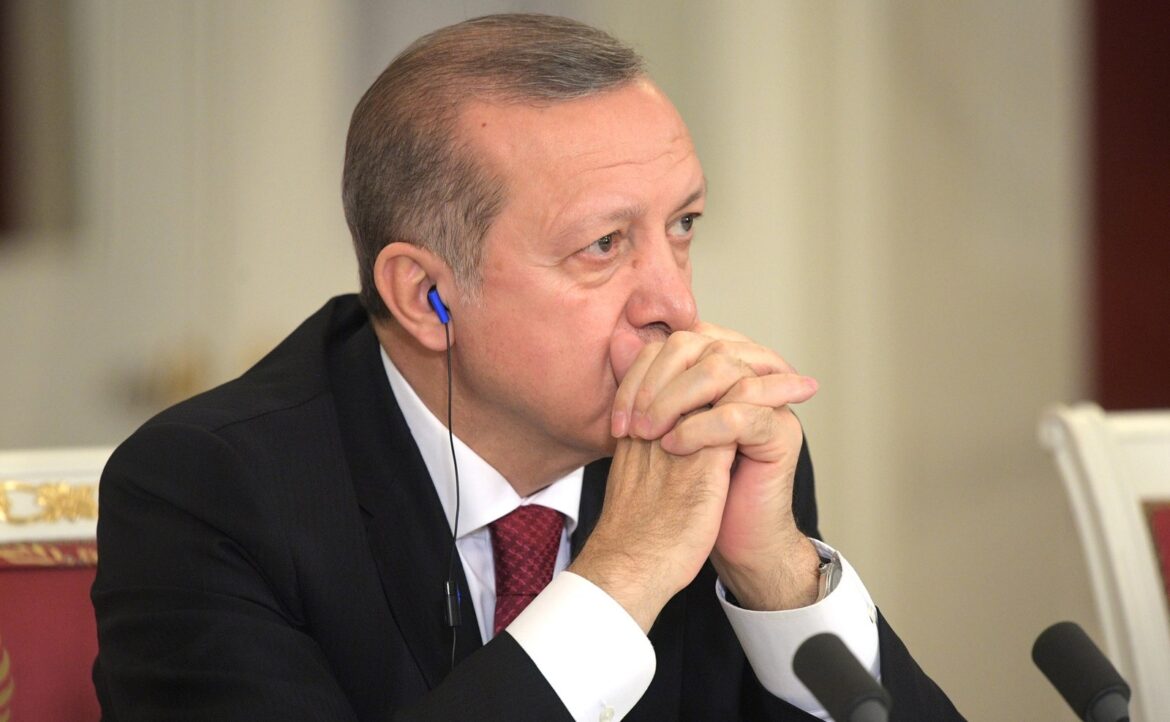In May 2023, incumbent Recep Tayyip Erdogan won his re-election campaign with 52% of the popular vote, securing another five-year term in Türkiye. Yet, his victory was marred with controversy. Kemal Kılıçdaroğlu, Erdogan’s secular opponent in the presidential race, deemed the election “the most unjust ever.” Erdogan leveraged his extensive control over Turkish media to prop up his campaign, while Kılıçdaroğlu was left to broadcast his messages on social media and YouTube. In April 2023, Erdogan was given 33 hours of airtime on the state-run TV station TRT, while Kılıçdaroğlu received just 32 minutes. Farah Karimi, Special Coordinator for the Organization for Security and Cooperation in Europe, ultimately declared that “biased media coverage and a lack of a level playing field gave an unjustified advantage to the incumbent,” placing the 2023 election squarely within a broader trend of democratic backsliding in Türkiye.
One year after a failed coup attempt led by a faction of the Turkish military, Erdogan brought forth the 2017 constitutional referendum that legally changed the country’s government structure by replacing the parliamentary system with a presidential one. The referendum eliminated the position of the Prime Minister entirely and concentrated power in the executive branch, eroding the checks and balances that prevent abuses of presidential power. Erdogan thus claimed power over the executive, aligned himself with the Justice and Development Party (AKP), and gained the authority to publish presidential decrees, allowing him to circumvent Türkiye’s legislature on certain issues. As a result, Carnegie Europe senior fellow Dimitar Bechev posits that Türkiye’s democracy “has given way to one-man rule.” Even more troubling, the legitimacy of the referendum’s passage itself still remains highly contested, securing only 51.4% approval from Turkish voters.
Erdogan has hardly used this expansion of power for the benefit of the Turkish people. Immediately following the referendum’s institution, his government dismissed over 4,400 civil servants over “suspected links with terrorist organizations.” This move was accompanied by the arrest of 40,000 dissenters since the attempted 2016 coup. Erdogan has also replaced mayors who fairly won local elections. In the case of Ekrem İmamoğlu, who won the coveted mayorship of Istanbul in 2019, Erdogan’s Justice and Development Party (AKP) alleged that his initial victory was achieved via voter fraud. After winning the second round of voting by an even greater margin, İmamoğlu faced charges of insulting public officials in connection with the controversy. He was subsequently sentenced to two years and seven months in prison and was barred from participating in politics. Ultimately, Erdogan’s consolidation of power has fostered an environment that encourages judicial corruption, silences dissent, and undermines the foundations of the Turkish Republic.
Fatma Tanis, an NPR correspondent, writes that “[Erdogan] has stacked the judiciary, monopolizes the media and jails perceived opponents — including journalists and critics on social media.” Erdogan’s government has shut down 180 media outlets and imprisoned 120 journalists since 2016. The President passed legislation that restricts any political criticism of himself or his government’s actions on social media platforms by executive decree in 2016. In 2020 alone, the Turkish government launched over 30,000 cases for “insulting the president.” Erdogan has also publicly framed journalists as “terrorists,” further intensifying his crackdown on dissent.
The near-term prospects for any hint of democratic renewal seem bleak. Selim Koru, an analyst at the Economic Policy Research Foundation of Türkiye (TEPAV), asserted that “There’s absolutely no reason to think that [Erdogan] would reverse course or soften his approach.” In 2015, just after Erdogan was first elected, Türkiye received a Freedom House score of 58 out of 100 for global freedom, making it “partly free.” Today. However, the state’s score has dropped to just 33, indicating a state that is simply “not free.” Freedom House has thus labelled Erdogan and the AKP as unequivocally authoritarian, “consolidating significant power through constitutional changes and by imprisoning opponents and critics.” The Fragile State Index paints a similar picture, giving Türkiye a score of 7.7 out of 10 in the category of human rights. This score marks a significant increase of 1.7 points compared to Türkiye’s ratings throughout the early 2010s, reflecting the state’s high disrespect for the rule of law.
With checks on power effectively absent, Türkiye’s future political trajectory seems increasingly troubling. Erdogan’s firm grip on power serves as a reflection of the state’s democratic backsliding and deepens concerns about the erosion of freedoms. As opposition is stifled, Türkiye’s fate seems to teeter in the balance, with liberal ideals increasingly overshadowed by authoritarian rule.
Edited by Clio Bailey
This is an article written by a Staff Writer. Catalyst is a student-led platform that fosters engagement with global issues from a learning perspective. The opinions expressed above do not necessarily reflect the views of the publication.

Marina Gallo is in her first year at McGill University, pursuing a B.A. in Political Science with a minor in International Development Studies. She is particularly interested in Latin American politics and U.S. economic policy.

